I am pleased with my credit score of 805. I have four credit cards. Three of them I seldom use. I have no credit card debt. The card I use weekly gives reward points for purchases I make. The bill gets paid every week. When I have accumulated enough points to cover a gas tank, I cash in the rewards and get a free gas tank.
It was a surprise to me to receive an email that said most people with my credit score have more credit cards and suggested a few with zero-percent interest on purchases or balance transfers for a year or more or cards that offer money-saving rewards. That made no sense to me, so I did some research and would like to share with you what I learned.
Improving a Bad Credit Score
Those with bad credit may not want to open a new credit card account. Some things can be done to ensure you have the upper hand in the situation. Opening a new credit card account improves your credit score and shows your reliability to lending agencies and banks.
Bad Credit Score Effects
You need a good credit score to get a competitive loan that could save thousands of dollars in interest.
Lenders
Credit card companies and banks consider various forms of information before extending credit. They look at the information on a loan application and may also consider your home. If you have moved several times over recent years, it may hurt your reliability.
A bad credit score goes against you. The interest rate may be higher, and the amount of credit extended smaller. Terrible credit may cause you to be outright rejected. A credit company is not obligated to give the rate they advertise.
Only about 50 percent of applicants get those deals. A person with a good credit rating or someone who repaired their credit has a better chance of receiving the advertised rate. You need to think about that when applying for credit. It may cost you to improve your credit, but it is cheaper than the interest rates you face with lousy credit. The sooner this is understood, the better off you are.
If you have closed an old credit card account, you may want to ask the agency to reopen it—the more credit cards marked as open, the better the reflection on a credit score. If your credit rating has been improved with the help of a credit repair company, you should think about reopening old accounts.
To ensure you do not get back in debt again, only make purchases on the credit card when you have money to cover the purchases in the bank. I purchase groceries and gas with a credit card, then go home and instantly pay for them from my bank account.
In this manner, you pay back what you owe and do not put yourself at risk. Even small purchases make a big difference. Over time, it gets you where you want to be. There are many options available. It is relatively easy to get finances stabilized.
Your credit score measures how well you have handled credit accounts. You cannot obtain a good credit score if all accounts are delinquent or closed or you do not have any accounts. The addition of good accounts boosts your credit score.
That may entail starting over with a credit card for bad credit or a secured credit card. The thing having the most significant impact on a credit score is a person’s payment history. A credit score improves proportionately with more timely payments added to the credit history. One late payment can signal you have bad credit habits. Pay balances on time every month.
Impact of Debt on Credit Scores
The amount of debt impacts a credit score. Pay down any large balances. A ratio of less than 30 percent of credit to utilization is ideal. That includes all available credit and individual credit cards. The lower the balances are, the better it is.
Make sure credit limits are are not incorrectly reported. The ratio of credit card debt to credit limits is also a factor. Credit card limits that are not reported accurately may make it seem as though a credit card is charged to the max.
Dispute inaccurate credit limits with credit bureaus or call creditors to inquire why the credit limit is not accurately reported. The removal of negative credit information from a credit report boosts a credit score, but erasing items from a credit score is not easy. Steps to take include
- Disputing negative entries
- Waiting the usual seven years for the credit reporting time limit to expire
- Attempt to get the furnisher of the information to remove an entry with a good will or pay to delete offer
It may be necessary to send dispute letters to the institution that provided information and the credit-reporting company.
Credit Age
Credit age is of importance to a credit score. A credit score determination takes into consideration how long the account with the longest history has been held and the average age of all held accounts. Keeping old accounts open helps obtain a mature credit age.
Opening a new account lowers the average credit age, and an inquiry on a credit report can hurt a credit score. Sometimes it is a necessary step in rebuilding a damaged credit score. Open new accounts as they are needed.
The average credit age might increase and boost a credit score if a card or two that has the least amount of history is canceled. Keep the impact of the credit to utilization ratio in mind before canceling cards.







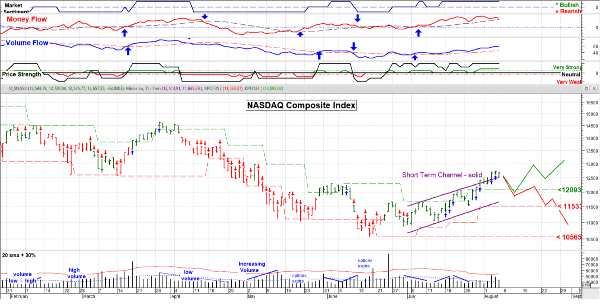



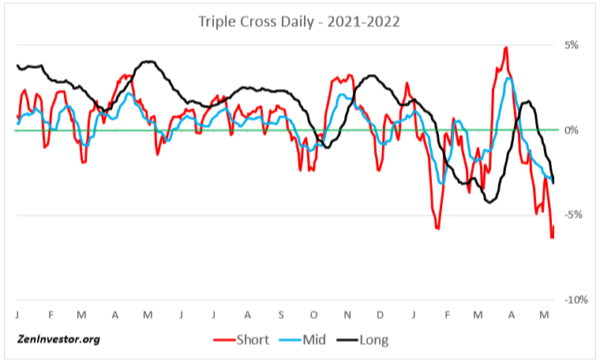



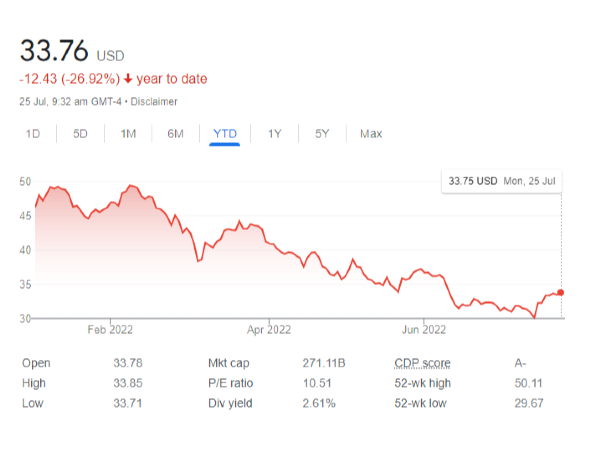


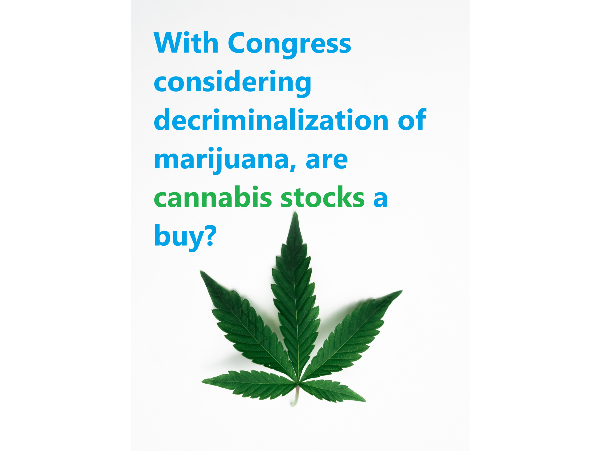
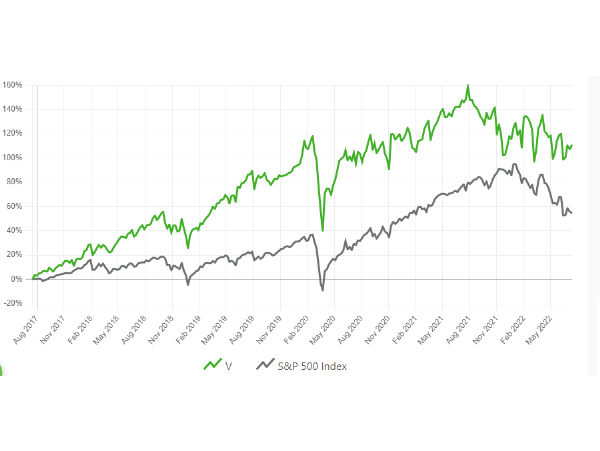










I am pleased with my credit score of 805. I have four credit cards. Three of them I seldom use. I have no credit card debt. The card I use weekly gives reward points for purchases I make. The bill gets paid every week. When I have accumulated enough points to cover a gas tank, I cash in the rewards and get a free gas tank.
It was a surprise to me to receive an email that said most people with my credit score have more credit cards and suggested a few with zero-percent interest on purchases or balance transfers for a year or more or cards that offer money-saving rewards. That made no sense to me, so I did some research and would like to share with you what I learned.
Improving a Bad Credit Score
Those with bad credit may not want to open a new credit card account. Some things can be done to ensure you have the upper hand in the situation. Opening a new credit card account improves your credit score and shows your reliability to lending agencies and banks.
Bad Credit Score Effects
You need a good credit score to get a competitive loan that could save thousands of dollars in interest.
Lenders
Credit card companies and banks consider various forms of information before extending credit. They look at the information on a loan application and may also consider your home. If you have moved several times over recent years, it may hurt your reliability.
A bad credit score goes against you. The interest rate may be higher, and the amount of credit extended smaller. Terrible credit may cause you to be outright rejected. A credit company is not obligated to give the rate they advertise.
Only about 50 percent of applicants get those deals. A person with a good credit rating or someone who repaired their credit has a better chance of receiving the advertised rate. You need to think about that when applying for credit. It may cost you to improve your credit, but it is cheaper than the interest rates you face with lousy credit. The sooner this is understood, the better off you are.
If you have closed an old credit card account, you may want to ask the agency to reopen it—the more credit cards marked as open, the better the reflection on a credit score. If your credit rating has been improved with the help of a credit repair company, you should think about reopening old accounts.
To ensure you do not get back in debt again, only make purchases on the credit card when you have money to cover the purchases in the bank. I purchase groceries and gas with a credit card, then go home and instantly pay for them from my bank account.
In this manner, you pay back what you owe and do not put yourself at risk. Even small purchases make a big difference. Over time, it gets you where you want to be. There are many options available. It is relatively easy to get finances stabilized.
Your credit score measures how well you have handled credit accounts. You cannot obtain a good credit score if all accounts are delinquent or closed or you do not have any accounts. The addition of good accounts boosts your credit score.
That may entail starting over with a credit card for bad credit or a secured credit card. The thing having the most significant impact on a credit score is a person’s payment history. A credit score improves proportionately with more timely payments added to the credit history. One late payment can signal you have bad credit habits. Pay balances on time every month.
Impact of Debt on Credit Scores
The amount of debt impacts a credit score. Pay down any large balances. A ratio of less than 30 percent of credit to utilization is ideal. That includes all available credit and individual credit cards. The lower the balances are, the better it is.
Make sure credit limits are are not incorrectly reported. The ratio of credit card debt to credit limits is also a factor. Credit card limits that are not reported accurately may make it seem as though a credit card is charged to the max.
Dispute inaccurate credit limits with credit bureaus or call creditors to inquire why the credit limit is not accurately reported. The removal of negative credit information from a credit report boosts a credit score, but erasing items from a credit score is not easy. Steps to take include
It may be necessary to send dispute letters to the institution that provided information and the credit-reporting company.
Credit Age
Credit age is of importance to a credit score. A credit score determination takes into consideration how long the account with the longest history has been held and the average age of all held accounts. Keeping old accounts open helps obtain a mature credit age.
Opening a new account lowers the average credit age, and an inquiry on a credit report can hurt a credit score. Sometimes it is a necessary step in rebuilding a damaged credit score. Open new accounts as they are needed.
The average credit age might increase and boost a credit score if a card or two that has the least amount of history is canceled. Keep the impact of the credit to utilization ratio in mind before canceling cards.